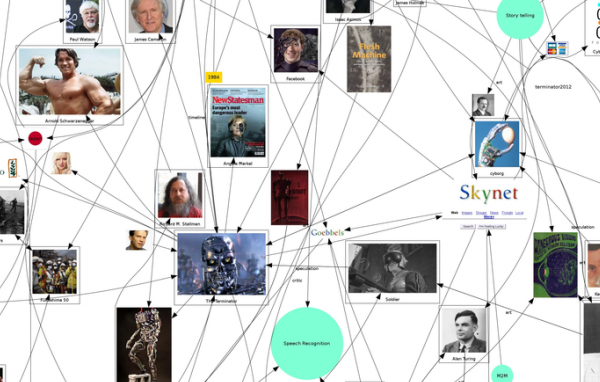The document cites Zaidan as an example to demonstrate the powers of SKYNET, a program that analyzes location and communication data (or “metadata”) from bulk call records in order to detect suspicious patterns. In the Terminator movies, SKYNET is a self-aware military computer system that launches a nuclear war to exterminate the human race, and then systematically kills the survivors. According to the presentation, the NSA uses its version of SKYNET to identify people that it believes move like couriers used by Al Qaeda’s senior leadership. The program assessed Zaidan as a likely match, which raises troubling questions about the U.S. government’s method of identifying terrorist targets based on metadata.
